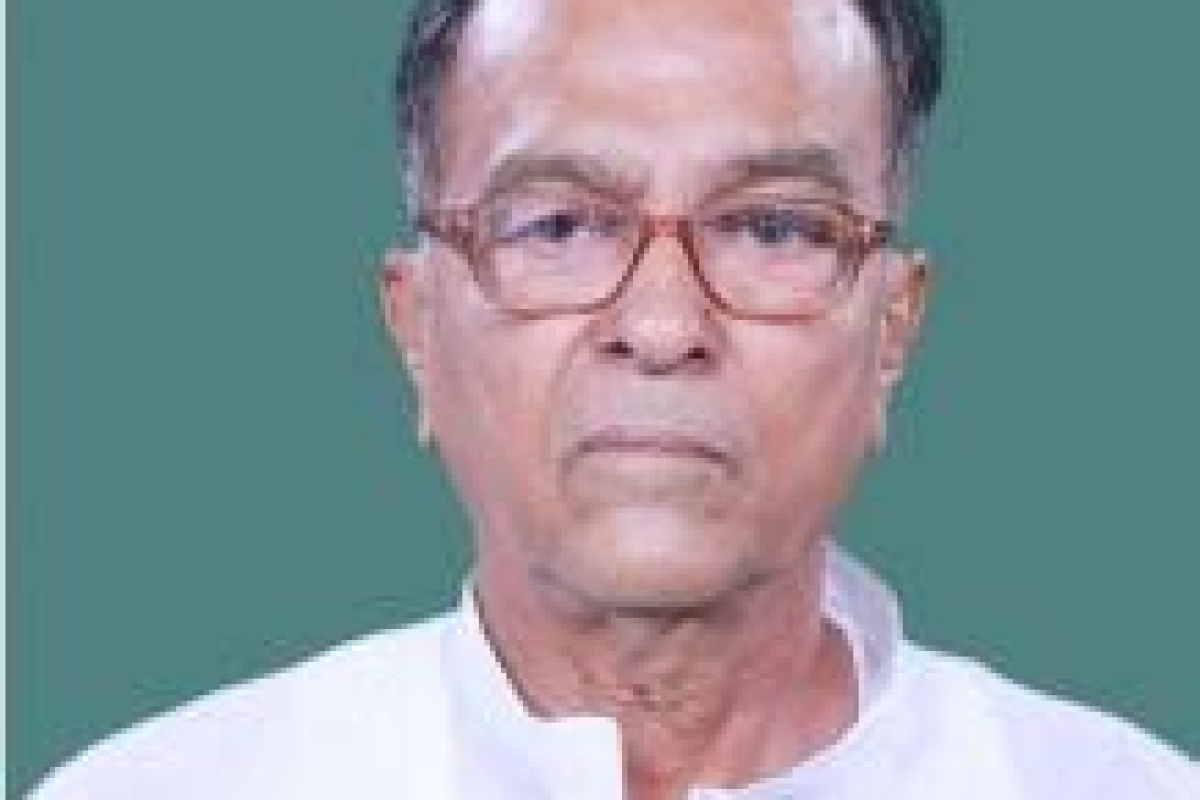Earlier this year, during a literary meet in Agartala, Bengali writer-activist Kapil Krishna Thakur found himself inundated with distress calls on his phone. Most of these calls were from Dalits who had migrated from East Pakistan after Partition, seeking clarity on their citizenship status amidst the tumult over the Citizenship Amendment Act (CAA) rules.
Thakur reflects on the origins of the citizenship conundrum, tracing it back to 2003 when the Citizenship Amendment Bill was introduced by the NDA government. Despite efforts by Thakur and fellow activists to highlight its implications, the bill passed without obstruction. Thakur laments the consequences, foreseeing millions of Partition victims being labeled as "illegal immigrants."
As a writer for over five decades, Thakur has devoted his pen to documenting the struggles of marginalized communities, particularly those displaced during Independence and its aftermath. He has delved into various literary forms, from poetry to novels, to amplify the voices of the oppressed. He considers literature as a potent tool for Dalit liberation from the dominance of upper castes.
Despite the upheaval caused by the CAA notification, Thakur continues his work, meeting and addressing more people who fear losing their citizenship. In his home in Bamangachi, north of Sealdah, Thakur's routine is disrupted by the pressing need to provide clarity and support to those affected by the citizenship crisis.

